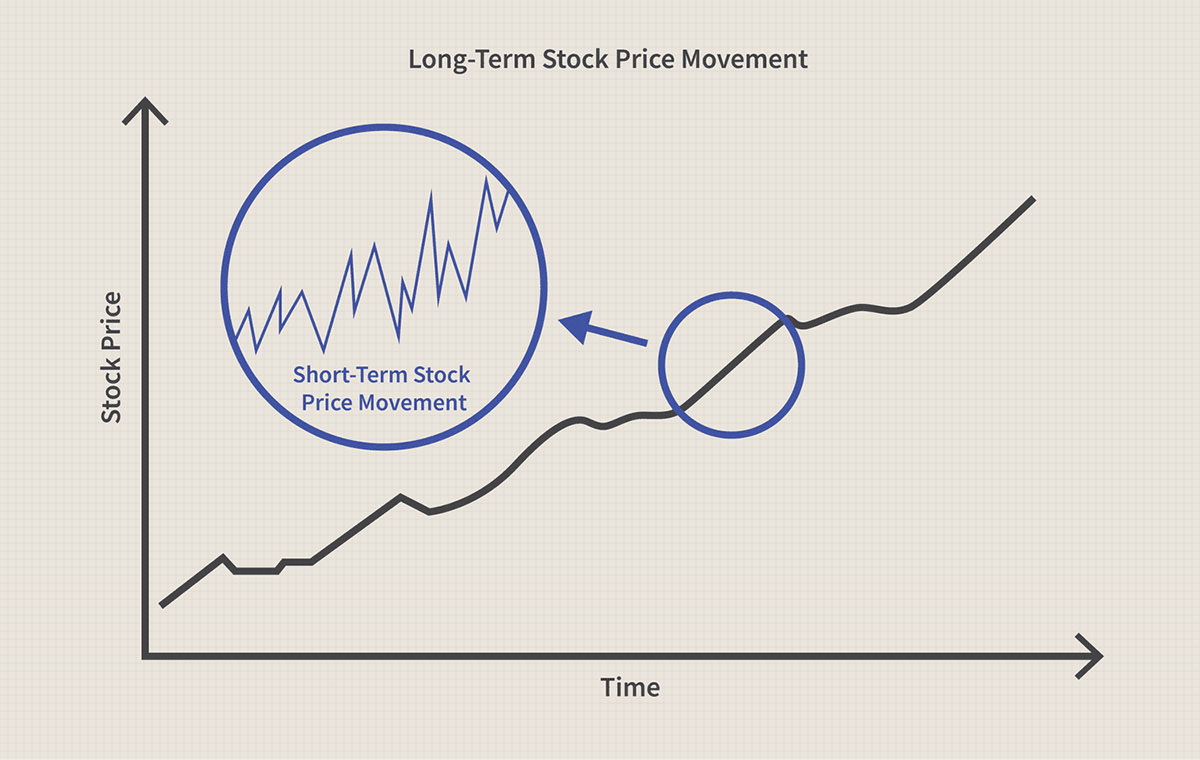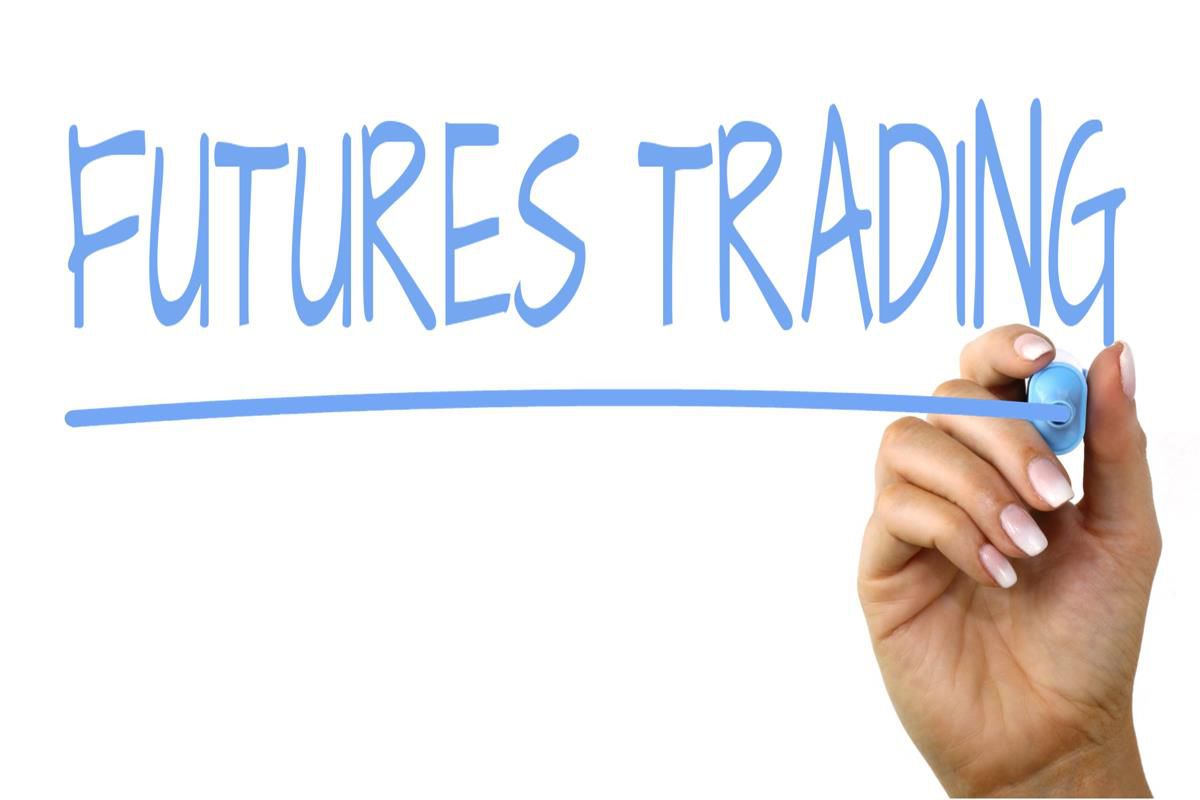Home>Finance>Futures In Stock Market: Definition, Example, And How To Trade


Finance
Futures In Stock Market: Definition, Example, And How To Trade
Published: November 29, 2023
Learn about futures in the stock market and their definition, example, and how to trade. Explore the world of finance and maximize your trading potential.
(Many of the links in this article redirect to a specific reviewed product. Your purchase of these products through affiliate links helps to generate commission for LiveWell, at no extra cost. Learn more)
Welcome to the world of futures in the stock market!
Are you curious about futures and how they work in the stock market? If so, you’ve come to the right place. In this article, we will provide you with a comprehensive overview of what futures are, give you an example of how they work, and share some tips on how to trade futures in the stock market.
Key Takeaways:
- Futures are financial contracts that allow investors to buy or sell assets at a predetermined price, on a specified date in the future.
- Futures can be used as a hedging tool to protect against potential price fluctuations, or as a speculative investment to profit from price movements.
What are futures?
In simple terms, futures are financial contracts that enable investors to buy or sell assets at a predetermined price, on a specified date in the future. These assets can include commodities like oil, gold, or agricultural products, as well as financial instruments such as stocks or currencies.
Futures contracts are standardized, meaning that they have predetermined specifications regarding the quantity of the asset being traded, the price at which it will be bought or sold, and the delivery date. This standardization contributes to the liquidity and efficiency of futures trading.
An example of futures in action
Let’s say you are an investor who believes that the price of crude oil is going to increase in the next three months. To take advantage of this anticipated price rise, you decide to buy a futures contract for 100 barrels of oil at the current price of $50 per barrel, with a delivery date three months from now.
Now, fast forward three months, and the price of oil has indeed risen to $70 per barrel. Because you purchased a futures contract, you have the right to buy 100 barrels of oil at the predetermined price of $50 per barrel. By exercising this right, you can now sell the oil at the current market price of $70 per barrel, earning a profit of $20 per barrel.
How to trade futures in the stock market
If you’re interested in trading futures in the stock market, here are some steps to get started:
- Do your research: Gain a solid understanding of the futures market, including its mechanics, risks, and potential rewards.
- Choose your broker: Find a reputable broker that offers futures trading services and meets your specific needs.
- Open an account: Follow your chosen broker’s account opening process, providing the necessary documentation and funds to begin trading.
- Develop a trading strategy: Define your objectives, risk tolerance, and entry/exit rules to guide your decision-making process.
- Monitor the market: Keep a close eye on market trends, news, and events that may impact the assets you’re interested in trading.
- Execute trades: Enter and exit positions based on your trading strategy, using limit or market orders.
- Manage risk: Implement risk management techniques such as setting stop-loss orders to protect against potential losses.
- Evaluate and adjust: Regularly review your trades and performance, making necessary adjustments to improve your future trading results.
Remember, trading futures involves inherent risks, including the potential for substantial losses. It’s crucial to educate yourself and seek professional advice if needed before diving into this market.
Conclusion
Futures in the stock market offer investors numerous opportunities for profit and risk management. Whether you’re looking to hedge against price fluctuations or speculate on market movements, understanding how futures work is essential. By following the steps outlined above and continuing to learn and adapt, you can potentially navigate the futures market successfully and achieve your financial goals.














